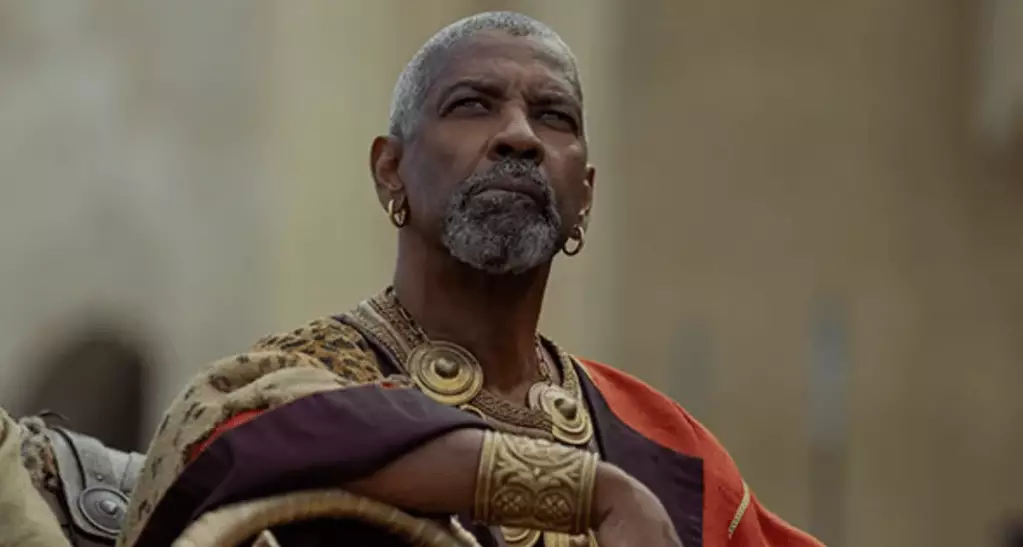Denzel Washington stands as a paragon of cinematic excellence, a name synonymous with compelling performances and accolades. Despite his illustrious career, Washington candidly acknowledges navigating through missteps in his filmography, particularly during a fertile yet tumultuous decade in the 1990s. In a revealing interview with The Times of London, he reflects on pivotal moments of his career, showcasing a rare vulnerability that contrasts sharply with his public persona.
Despite earning critical acclaim and numerous accolades, Washington admits to making “real clunkers” following his iconic role in “Malcolm X” (1992). This candid self-critique highlights the complex landscape of the film industry, where the compulsion to secure roles often clashes with the pursuit of artistic integrity. Washington’s acknowledgment of these less favorable choices speaks volumes about the pressures actors face, especially when balancing professional growth with personal obligations. The necessity of supporting a family, coupled with the reality of industry demands, can lead to decisions that may not align with an artist’s true potential. Washington sheds light on this internal conflict, showing that even the most celebrated figures grapple with the complexities of their careers.
The actor further elaborates on a personal philosophy: life is segmented into phases of learning, earning, and returning. For him, the 30s were primarily about financial accumulation, a phase where he prioritized responsibilities over perfection. This reflection not only humanizes Washington but also presents an insightful lens through which to view career trajectories in the entertainment industry. The notion that success is defined by phases and not merely by an impeccable career record enriches our understanding of what it means to evolve as an artist and an individual.
Critical Reception: A Mixed Legacy
While Washington may be critical of certain choices, an examination of his body of work during the 90s reveals a repertoire decorated with notable performances. Films such as “The Pelican Brief,” “Crimson Tide,” and “The Preacher’s Wife” not only achieved box office success but also solidified his status as a leading man capable of nuanced performances across various genres. This paradox between his self-critique and the audience’s perception highlights the often subjective nature of cinematic success and failure. The question often posed—”Can Denzel Washington make a bad movie?”—tells more about public admiration than it does about the actor’s self-judgment.
In his latest role in “Gladiator II,” Washington reflects on how his persona colors audience perceptions of his characters. He articulates that viewers inevitably project their understanding of him as a “good guy” onto his roles, suggesting that personal authenticity becomes intertwined with professional identity. This blend of self and character not only enriches his performances but also establishes a deeper connection with audiences, who find solace in the familiar traits he brings to his roles.
Denzel Washington’s path through Hollywood serves as an illustrative narrative of ambition, challenges, and personal growth. By openly confronting his career’s pitfalls while celebrating his successes, Washington reinforces an essential lesson: even in the pursuit of greatness, imperfection is an integral part of the journey.


Leave a Reply